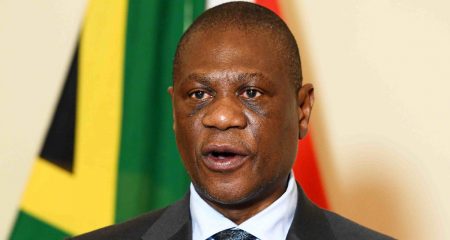
Government has learnt lessons from the Gauteng e-tolling system, which is now largely being rejected, transport minister Dipuo Peters said on Tuesday.
“The lessons we learnt are not to implement any project that has not been accepted by all in its funding models,” Peters told a panel in Pretoria reviewing the e-tolling system.
She said South Africans loved beautiful things, but the problem was there were no resources to fund these.
Peters called on the panel to encourage motorists to continue paying their e-toll bills, adding that she hoped the panel members had e-tags.
She acknowledged that many individuals, groups and political parties, including the ANC, had called for alternative methods to be found to fund the Gauteng Freeway Improvement Project (GFIP).
Gauteng ANC chairman Paul Mashatile was among those who called for an increase in the fuel levy to fund the roads. Peters said it would need to be implemented nationally to pay for Gauteng’s debt, which was unfair on motorists in the rest of the country.
She accused the ANC-led Gauteng government of approving the e-tolling system and then making a U-turn later.
“The Gauteng government has not informed me what led to the change of heart and direction on tolls,” she said.
People needed to understand that the e-tolls did not come about because of the 2010 Fifa World Cup.
“The World Cup helped to speed up infrastructure development,” she said.
She questioned what people expected would happen after the World Cup, as roads still needed to be maintained.
The panel was appointed by Gauteng premier David Makhura in July to examine the economic and social impact of the GFIP and the e-tolling system to fund it. The panel would present its findings to Makhura at the end of the month. — Sapa




